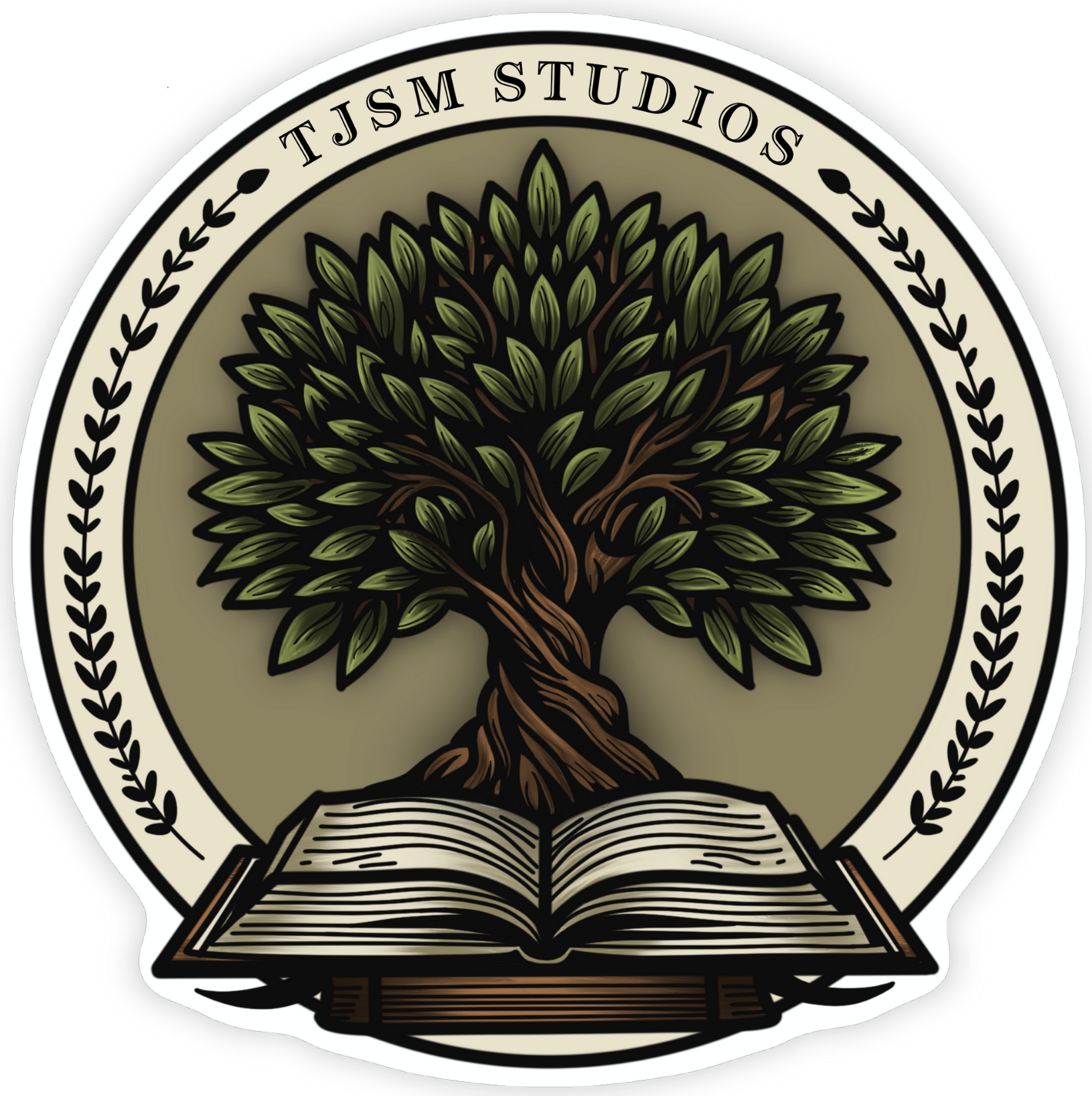This post may contain affiliate links, meaning I may earn a small commission at no extra cost to you.

Many people feel overwhelmed by daily responsibilities, leading to a chaotic life with little direction. Intentional planning and journaling can change that. These practices help you gain clarity, stay productive, and improve mental well-being. In this post, we’ll explore how planning and journaling can bring purpose to your days and guide you toward personal growth.
The Power of Intentional Planning
Before setting out on any journey, knowing your destination is crucial. The same applies to life and career goals. Intentional planning acts as your roadmap, guiding your actions with purpose and clarity. It helps you prioritize your time, make thoughtful decisions, and align daily choices with your long-term vision.
What Is Intentional Planning?
Intentional planning is more than just making to-do lists. It’s a conscious process of setting goals, identifying necessary steps, and ensuring your actions align with your values. This method encourages deep reflection on what truly matters and creates a structure that fosters proactive behavior. It helps you think strategically, ensuring your plans suit your unique circumstances and aspirations.
Benefits of a Thoughtful Approach
By embracing intentional planning, you’ll notice significant improvements in your daily life. This approach enhances focus, reduces stress, and promotes mindfulness, helping you stay present and attuned to your priorities. Regularly evaluating your progress builds resilience and adaptability, allowing you to navigate life’s inevitable changes.
Beyond productivity, intentional planning empowers you to design a life that reflects your core values. It gives you confidence to say no to distractions and yes to opportunities that align with your vision. Instead of merely managing time, you’ll be shaping your life according to your deepest aspirations.
The Role of Journaling in Planning
Journaling is one of the most effective tools in intentional planning. It serves as a space for self-reflection, helping you articulate thoughts, ambitions, and obstacles. Writing things down provides a tangible record of your ideas, allowing you to analyze them more deeply. This practice clarifies objectives, enhances decision-making, and fosters continuous growth.
How Journaling Enhances Clarity
Journaling helps cut through the mental clutter of daily life. Writing down your thoughts allows you to recognize patterns, understand motivations, and uncover the steps needed to reach your goals. As your mind clears, you can create actionable plans that align with your core values and desires.
Tracking Progress and Growth
Tracking progress is a cornerstone of effective planning, and journaling provides the perfect framework. By documenting daily or weekly activities, you can assess your performance against set goals. This practice highlights what’s working and identifies areas that need adjustment. Journaling also fosters accountability and helps you celebrate wins, keeping motivation high.
Over time, your journal becomes a personal record of growth. Beyond listing completed tasks, it captures lessons learned, emotional resilience, and improved discipline. Reviewing past entries offers insights that refine future planning, ensuring continuous progress toward your aspirations.
Strategies for Effective Planning
Effective planning is more than just filling out a calendar. It’s about creating a structured approach that aligns with your values and goals. By developing a thoughtful method, you can assess priorities, manage time effectively, and ensure plans are actionable.
Setting Meaningful Goals
Clear, meaningful goals give direction to your planning efforts. Using the SMART framework (Specific, Measurable, Achievable, Relevant, Time-bound) makes goals trackable and motivating. Start by identifying your core values and aspirations, then set objectives that align with your personal vision. The clearer your goals, the easier it is to commit to them fully.
Building Consistent Planning Habits
Consistency transforms planning from a task into an integral part of your routine. Establish specific times for planning each day or week to create a rhythm that keeps you focused. Regular reviews help refine goals and ensure steady progress.
Start small by incorporating daily or weekly check-ins to review priorities. Visual aids like print-outs or digital tools can help outline responsibilities clearly. Over time, these habits will make planning feel natural, leading to a more organized and intentional life.
Tools and Techniques for Success
Not every planning method works for everyone. The key is finding a system that fits your lifestyle. Some prefer structured planners, while others thrive with flexible bullet journals. Consider your needs—do you prefer detailed lists or broad overviews? Choosing the right system can streamline your process and make goals more manageable.
Choosing the Right Planning System
A successful planner starts with the right system. Explore different formats—traditional planners, digital apps, or bullet journals—to find what complements your workflow. Look for features that enhance productivity, such as time-blocking, goal tracking, or creative flexibility.
Digital vs. Paper Planning
Both digital and paper planning have advantages. Digital tools offer convenience, syncing across devices for easy access. Paper planners provide a hands-on connection, fostering deeper engagement. Digital planners often include search functions and reminders, while paper options allow for creative customization. Experiment with both to determine what works best for you.
Overcoming Common Planning Challenges
Intentional planning requires consistency, but staying motivated can be difficult. Distractions, shifting priorities, and burnout can derail progress. By addressing these challenges, you can maintain momentum and keep planning effective.
Staying Motivated and Consistent
Motivation fluctuates, so set small, achievable goals to stay inspired. Tracking progress provides visible proof of effort, keeping enthusiasm high. Engaging with a supportive community—whether friends, family, or online groups—can boost motivation and introduce new ideas. Sharing experiences fosters accountability and reinforces commitment.
Adapting Plans to Changing Priorities
Flexibility is key to successful planning. Life is unpredictable, and rigid plans can lead to frustration. Instead of resisting change, embrace adaptability. Regularly review priorities and adjust plans as needed. This approach ensures planning remains relevant and responsive to evolving circumstances.
Remember, adaptability is a strength. Allow yourself to shift goals and experiment with new strategies. This mindset keeps you on track despite challenges and strengthens resilience over time. Planning isn’t about controlling every detail—it’s about creating a framework that supports growth and progress.
Final Thoughts
Intentional planning and journaling provide a structured way to define goals, track progress, and reflect on personal growth. By dedicating time to planning, you create a roadmap that keeps you focused and aligned with your values. Journaling complements this process by offering a space to clarify thoughts, process emotions, and gain perspective.
The real power of planning and journaling lies in their ability to cultivate awareness, focus, and purpose. As you integrate these practices into your routine, they become indispensable tools for achieving goals and living a balanced, fulfilling life.
Ready to take your planning to the next level? Download our free Planning Reflection Worksheet to start setting meaningful goals and tracking your progress today!

